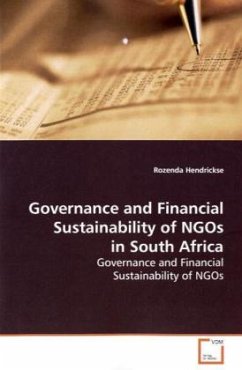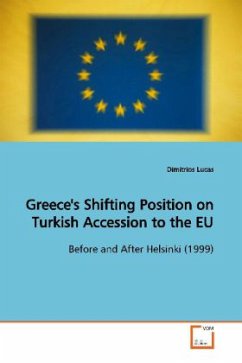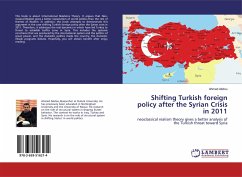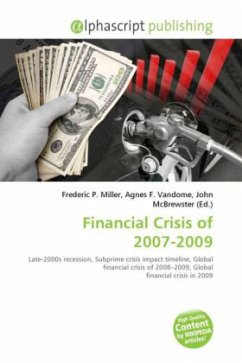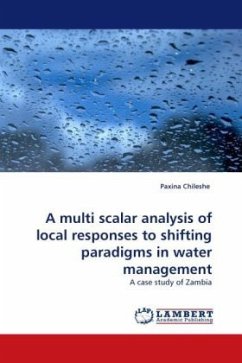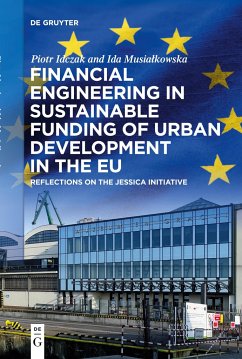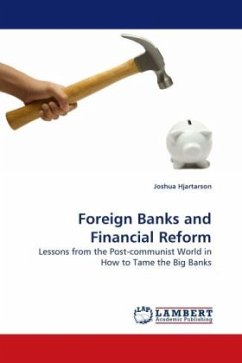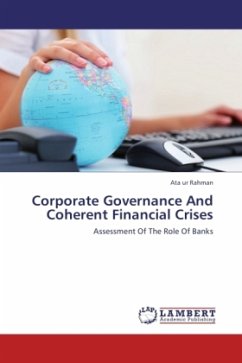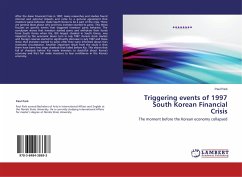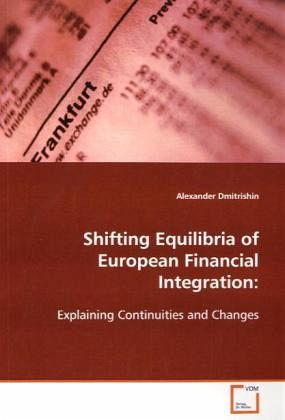
Shifting Equilibria of European Financial Integration:
Explaining Continuities and Changes
Versandkostenfrei!
Versandfertig in 6-10 Tagen
32,99 €
inkl. MwSt.

PAYBACK Punkte
16 °P sammeln!
This paper analyzes the process of European financial integration in light of the varietiesof capitalism (VoC) ideas. According to the VoC approach, institutional differencesbetween various types of economies should produce a conflict of preferences betweencountries over the form and direction of integration. This conflict should be especiallyevident in case the integration process involves most important spheres of domesticproduction systems. One of key spheres of the production systems is the financial sphere.The principal question of this research is why, despite the alleged conflict of pre...
This paper analyzes the process of European
financial integration in light of the varieties
of capitalism (VoC) ideas. According to the VoC
approach, institutional differences
between various types of economies should produce a
conflict of preferences between
countries over the form and direction of
integration. This conflict should be especially
evident in case the integration process involves
most important spheres of domestic
production systems. One of key spheres of the
production systems is the financial sphere.
The principal question of this research is why,
despite the alleged conflict of preferences,
the process of European financial integration has
advanced. The paper will draw on game
theoretic methods to demonstrate the equilibrium
stemming from the VoC assumptions.
The focal issue of the analysis is the changes of
the European financial integration
equilibrium, which led to the adoption of a
comprehensive package of measures aimed at
harmonization of the European financial sphere
(Financial Services Action Plan).
financial integration in light of the varieties
of capitalism (VoC) ideas. According to the VoC
approach, institutional differences
between various types of economies should produce a
conflict of preferences between
countries over the form and direction of
integration. This conflict should be especially
evident in case the integration process involves
most important spheres of domestic
production systems. One of key spheres of the
production systems is the financial sphere.
The principal question of this research is why,
despite the alleged conflict of preferences,
the process of European financial integration has
advanced. The paper will draw on game
theoretic methods to demonstrate the equilibrium
stemming from the VoC assumptions.
The focal issue of the analysis is the changes of
the European financial integration
equilibrium, which led to the adoption of a
comprehensive package of measures aimed at
harmonization of the European financial sphere
(Financial Services Action Plan).



